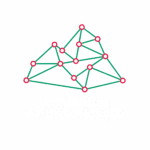Identification & Background
Project Designation: SF4CEFS – Sown Futures for Circular Economy and Sustainable Food Systems
Framework: The project aims to develop short-term training courses in a holistic way that empower young people in areas such as sustainability, circular economy and organic agriculture, making them agents of promoting green practices in their communities.
Project code: 2023-3-IT03-KA 152-YOU-000179224
Date of approval: 23-01-2024
Start date: 13-02-2024
Completion date: 12-02-2025
Total eligible investment: €32,553.00
Financial support: Erasmus+ programme
Promoter: Fondazione Comunitaria di Agrigento e Trapani
co-promoters:
-Cekdev International Education and Development Academy
– MORE – Laboratório Colaborativo Montanhas de Investigação – Association
– Helix – Social Innovation Hub
– Asociatia DAR Development
– Innovative Youth
Interactive Workshops:
Training sessions:
Skills Development:




